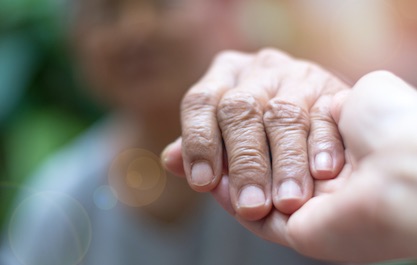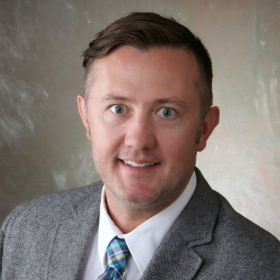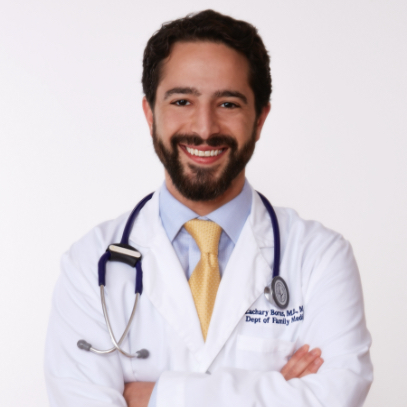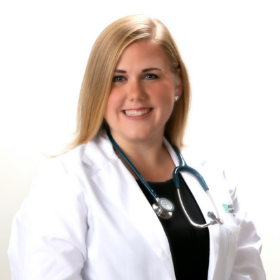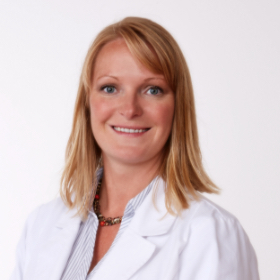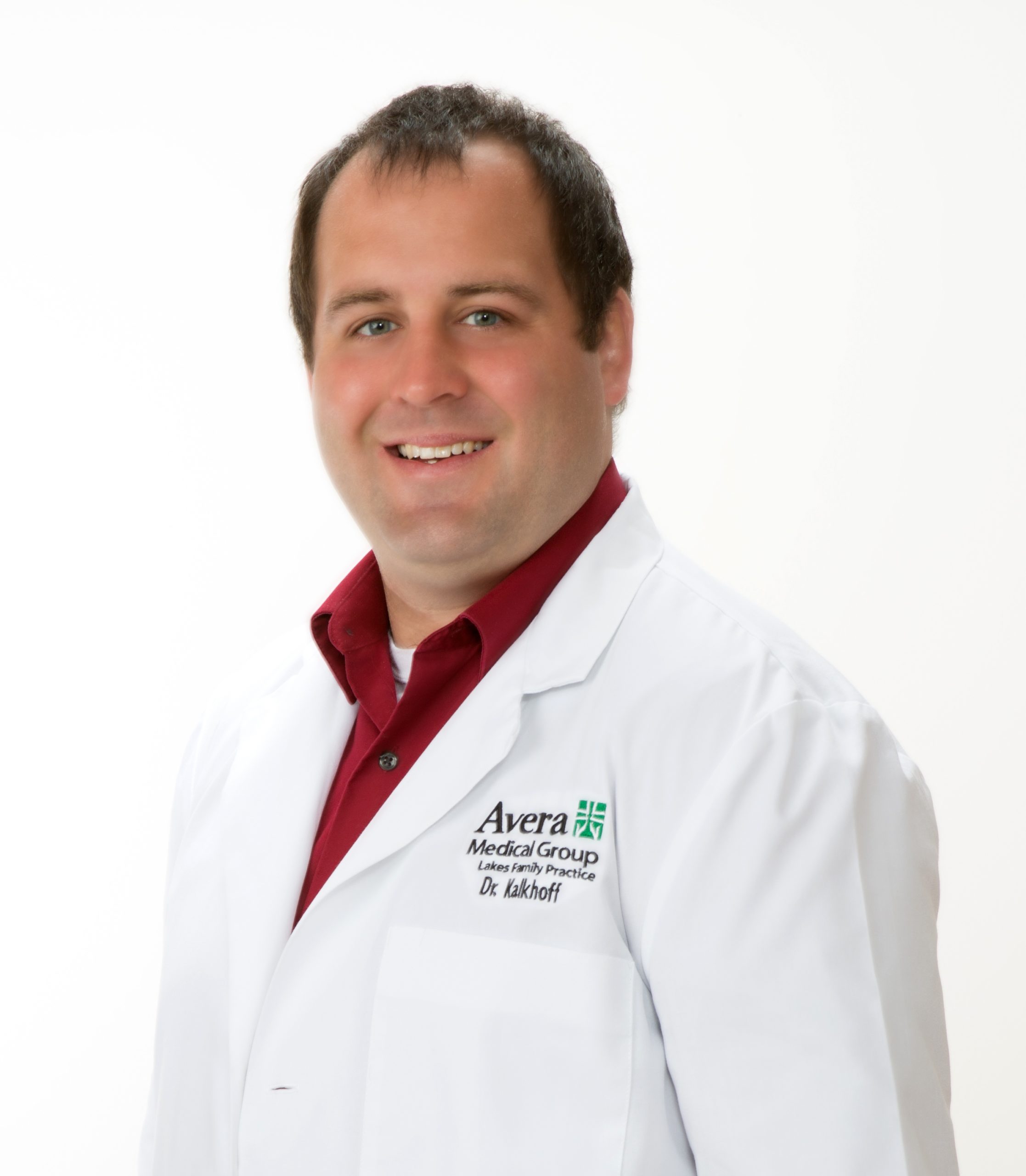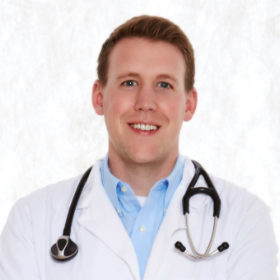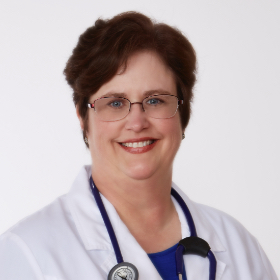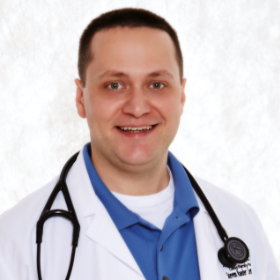Bone Health
Being a woman puts you at increased risk for osteoporosis and bone fractures and breaks. In fact, one in two women over age 50 will break a bone because of osteoporosis. This is because the amount of estrogen, a hormone in women that protects bones, decreases drastically when women reach menopause, which can cause bone loss. In fact, women may lose up to 20% of their bone mass in the five to seven years after menopause.
Lakes Regional Healthcare provides several options to protect and manage your bone health throughout your lifetime:
Nutrition counseling
Meeting with our Registered Dietitian Nutritionist can help you know how to comfortably increase your intake of calcium and vitamin D and how to limit caffeine and alcohol. Nutrition Counseling.
Bone density scans
A bone density scan is a non-invasive test to detect osteoporosis. It measures the amount of bone in the major weight-bearing areas of the body, such as the lumbar spine, the hip, the forearm and/or the heel. This helps to detect the early stages of osteoporosis. A bone density scan is an important screening test because people with osteoporosis may not have any symptoms. Imaging, DEXA
Blood tests
Blood tests can measure your calcium and potassium levels and give an indication regarding your bone health.
- Medications – such as estrogen replacement therapy, hormone replacement therapy, bisphosphonates, selective estrogen receptor modulators, parathyroid hormone, and monoclonal antibody to prevent or reduce bone loss and fractures.
- Education – on ways to make you safer at home and prevent falls as well as education about exercise and conditioning programs to increase weight-bearing and physical fitness. Rehabilitation, Occupational-therapy
- Care for broken bones
Sometimes we break a bone due to an accident, even when our bones are strong and healthy. And sometimes we break a bone because our bones are not strong and we are more likely to fall or not able to withstand certain activities. Either way, we have providers that specialize in bone health. Our orthopedic surgeons can provide care both nonsurgically and surgically. To learn more, visit Orthopedics.
Are You at Risk for Osteoporosis?
Women are four times more likely to get osteoporosis than men. Here are other things that may put you at risk for osteoporosis:
- Older age – bones become less dense and weaker with age.
- Low estrogen
- Race – white and Asian women are most at risk. But all races may get the disease.
- Body weight – people who weigh less and have less muscle are more at risk for this condition.
- Lifestyle factors – lack of physical activity, caffeine, heavy alcohol use, smoking, dietary calcium, and vitamin D deficiency may all increase your risk.
- Certain medicines – some medicines may increase your risk.
- Family history – having a family history of bone disease may increase your risk.
For more information, please contact your family provider.

